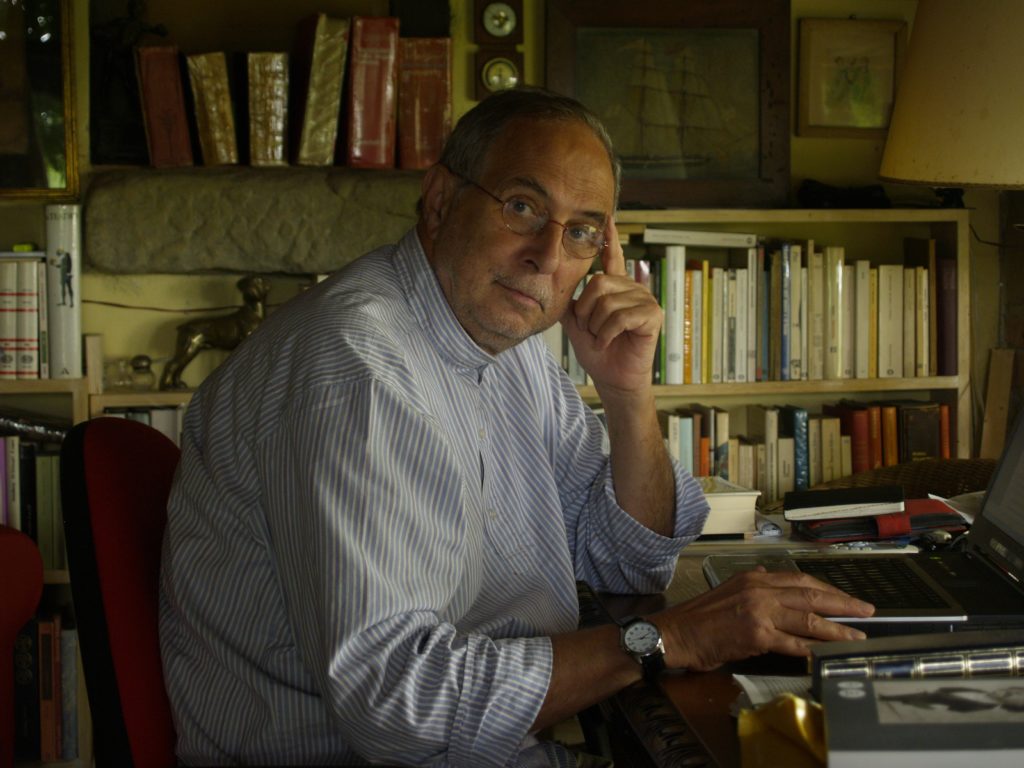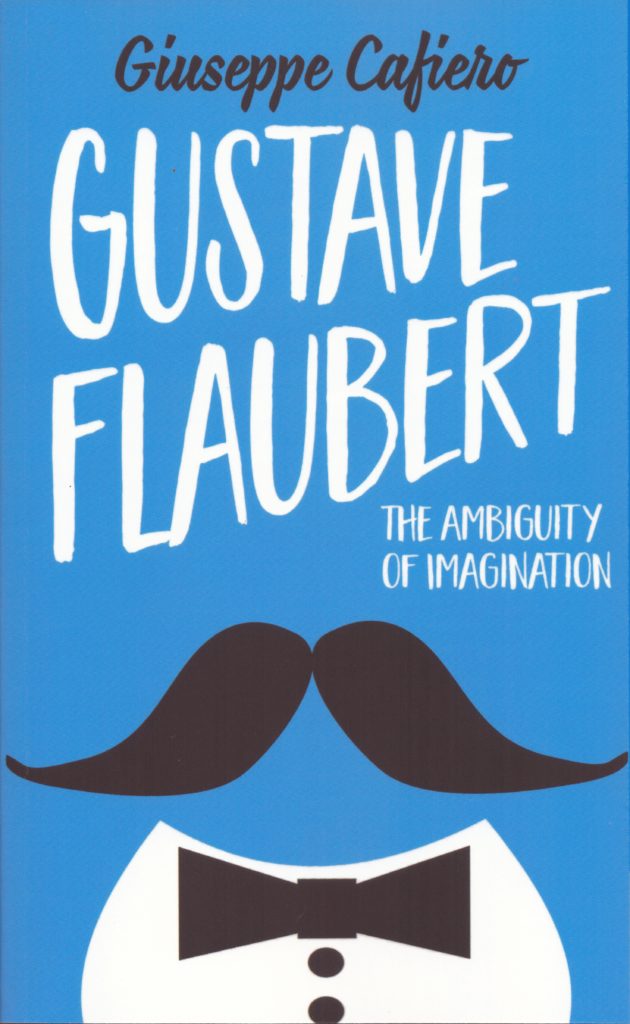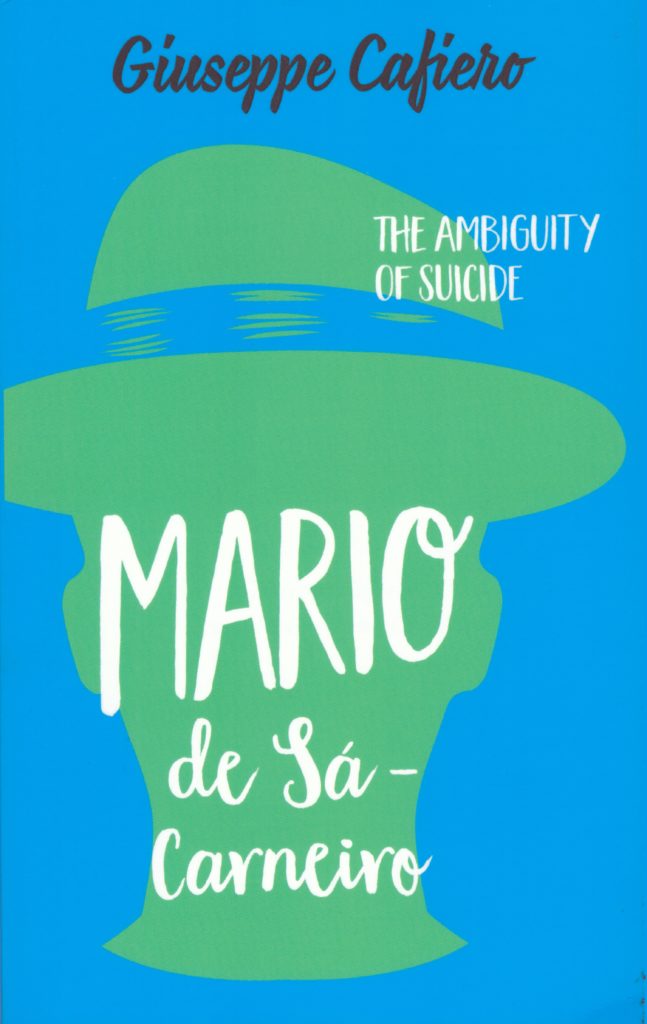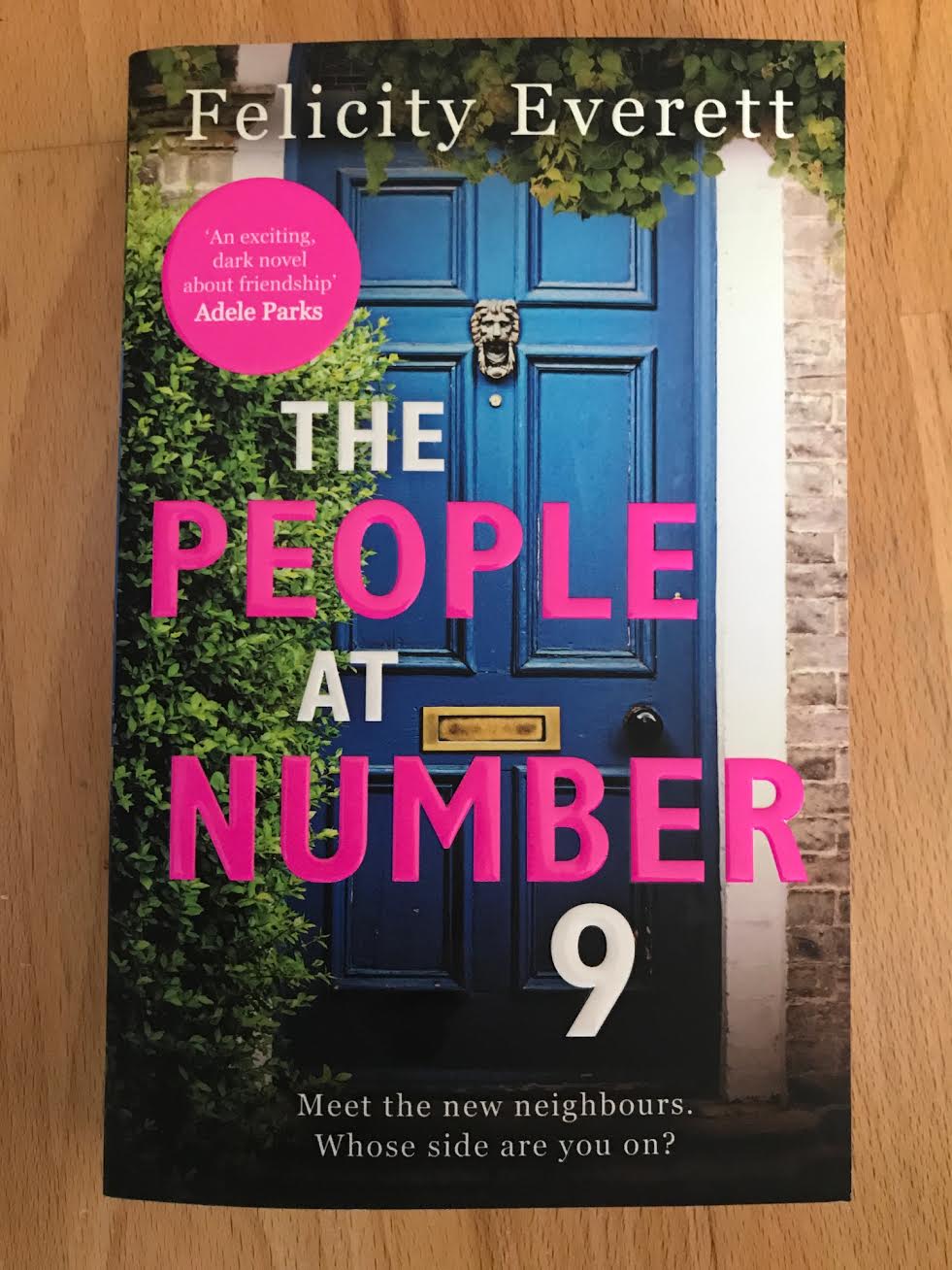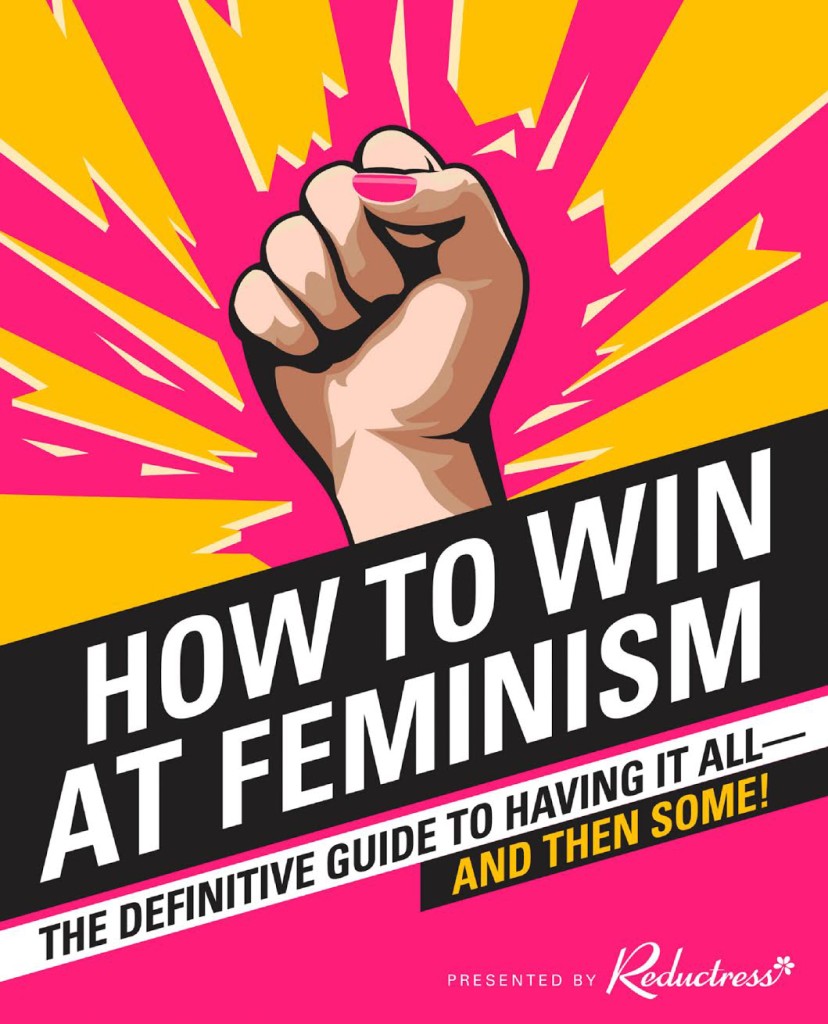Here is part three of our exclusive Paddy Ashdown interview. Take a look at part one and two.
That’s a good answer. In your diaries you are clear about how close you were to Labour before and after the ’97 election, and that PR was the price of coalition. Given that the Lib Dems eventually went into coalition with the Tories, with just a promise of a referendum on AV, how do you think events would have unfolded if you’d accepted a similar deal in ’97?”
I don’t know. I mean I can’t take you through the what would have happened parts of history. I suspect the circumstances would have been very different if we also had the referendum on a sensible system rather than a lesser sensible one. I don’t think you would have had the leading party in the country at the time deliberately doing what they could at the time to destroy the motion and the national newspapers at the time supporting them. That is the ‘what would have happened’ bits of history and we could all spend hours deciding how the world would be different if Britain hadn’t won the battle of Waterloo; It’s very interesting but it doesn’t bear much relevance.
 You also said in your diaries that you were worried that the party would start with Gladstone and end with Ashdown, what do you think was your greatest achievement as the Liberal Democrat Leader?
You also said in your diaries that you were worried that the party would start with Gladstone and end with Ashdown, what do you think was your greatest achievement as the Liberal Democrat Leader?
I have never ever believed that I am a good judge of my own achievements, I leave that to others to decide on what your achievements are. I was very proud to lead the Liberal Democrats for eleven years, I loved it, I am devoted to them. I was also very proud to be the International High Representative in Bosnia for the British Government. No doubt I made mistakes in both of those jobs, probably quite a lot of them. When you have the privilege of doing jobs like that you can use it to your advantage and I quickly realised what I was good at and what I was bad at.
What do you think will happen with the Liberal Democrats in 2015?
I actually think all the polls now are wrong. I have to rely, as I always have done, on the good judgement of the british electorate, I think we have a good story to tell, we have been in government, everyone said we couldn’t do it. I think we have been more united than the Tories, tougher than the Tories, and played a really serious role in bringing our country through a crisis. If I know the British electorate at all well, when the moment comes, I think we’ll reap the dividends of that. I also think that the British electorate probably, having had the benefit of the coalition may not be very happy returning to absolute power in anybody’s hands. Also, having a coalition of some sort forces people to work together instead of spending all their time scratching each other’s eyes out. Maybe that is a much better system than what we had in the past. Those two things will help us I think.
Who Is Your Favourite Politician?
I think as someone said to me; ‘Who is my hero?’ and I said William Wilberforce who is as unlike me as you could possibly get, apart from Gladstone of course, who is the greatest Prime Minister this country has ever had both internationally and domestically, he was a man who said, “We did not march across the law of anti-slavery, we did not march towards a monument in the distance, we gathered friends like flowers along the way.” and I think he was an extraordinary politician.
Do you think we should have intervened in Syria?
No, I don’t. I’m against intervening in Syria while the opposition is so fractured and defused. Anyways, they’re being funded by extremist elements and encouraging extremist elements so, no, I thought that would lead us towards an engagement in what I think is a widening religious war. I did however think we should intervene in defense of one of the principles pillars of international law; a prohibition on the use of chemical weapons that has stood since 1926 and strained even Hitler and Stalin, and I thought that unless we were prepared to show strength to Assad, not by intervention because we wouldn’t have done, but there was a price to pay that was painful for breaking this principle of international law, then it would only have encouraged the wider spread of chemical weapons. So, no, I don’t think we should have intervened in Syria but I do think we should defend International Law and indeed one of the most important pillars of the international law that preserves some semblance of civilised behaviour in the prosecution of wars.
You testified against Slobodan Milosevic. Was that scary?
No, it wasn’t scary. It was more scary being bombarded by his troops. I mean, I testified about being in the middle of the Albanian villages when they were being bombarded by the main battle units of his army, that was much more scary.
I can understand that. You have done a lot of different things in your life. What is your favourite?
I think there is nothing I’ve done that will match my sense of pride of being a member of parliament for my own community of Yeovil. There is no thing you could ever do that matched being the representative in Westminster of the community you live in and love. So if somebody said you can have one line to put on your gravestone it would be ‘Member of Parliament for Yeovil’.
What was it like being an intelligence officer?
I was a perfectly ordinary diplomat
What is the best advice you have ever received?
Never stop learning.
Thank you Paddy.
What do you think?

